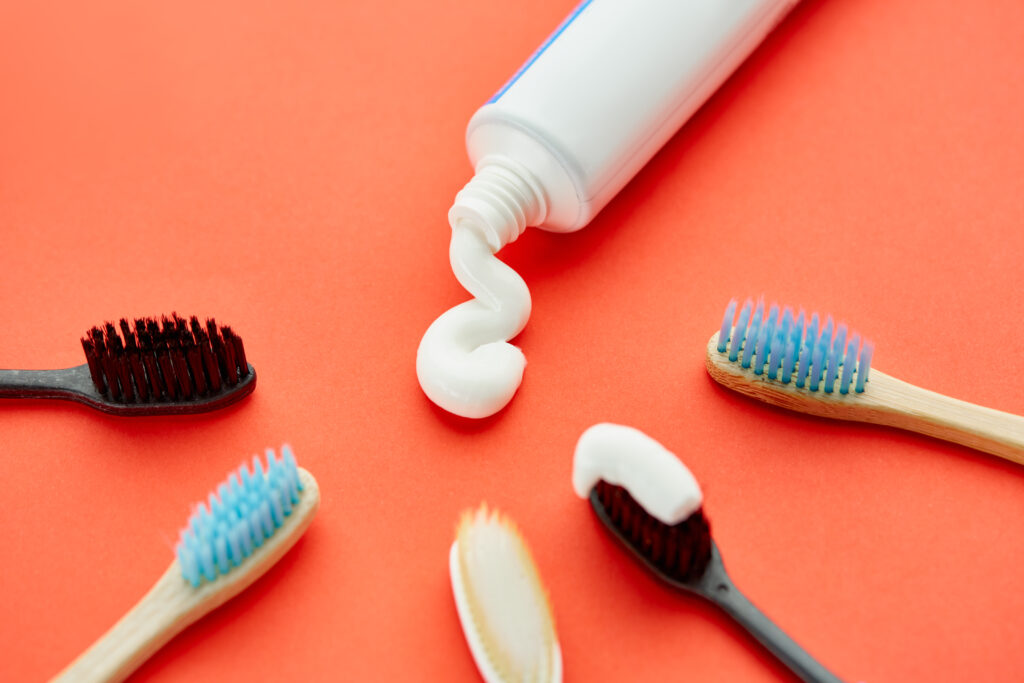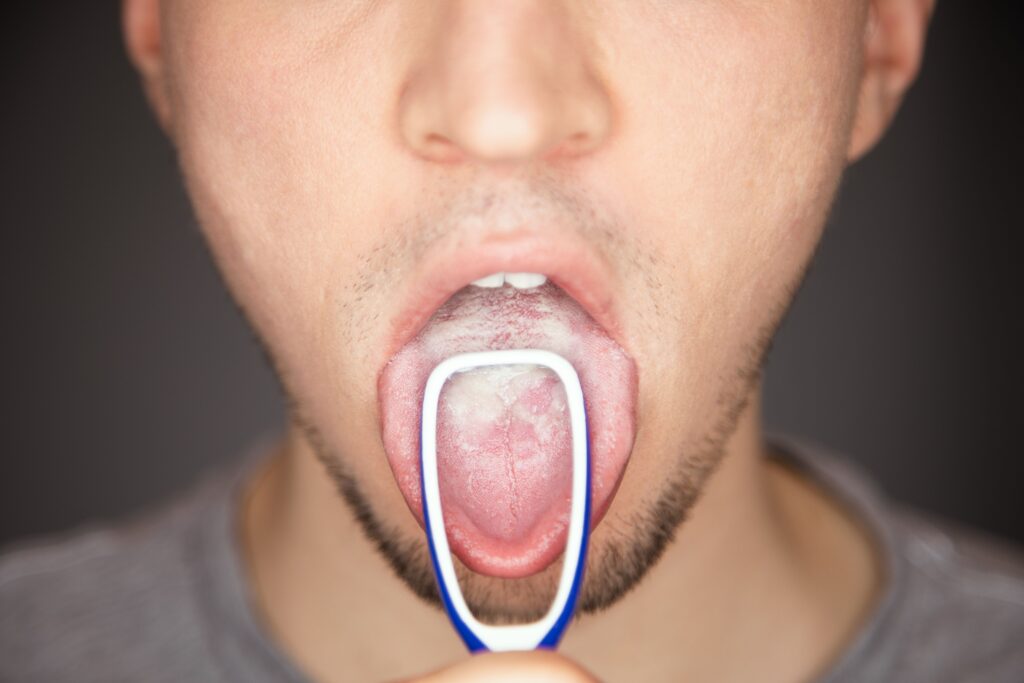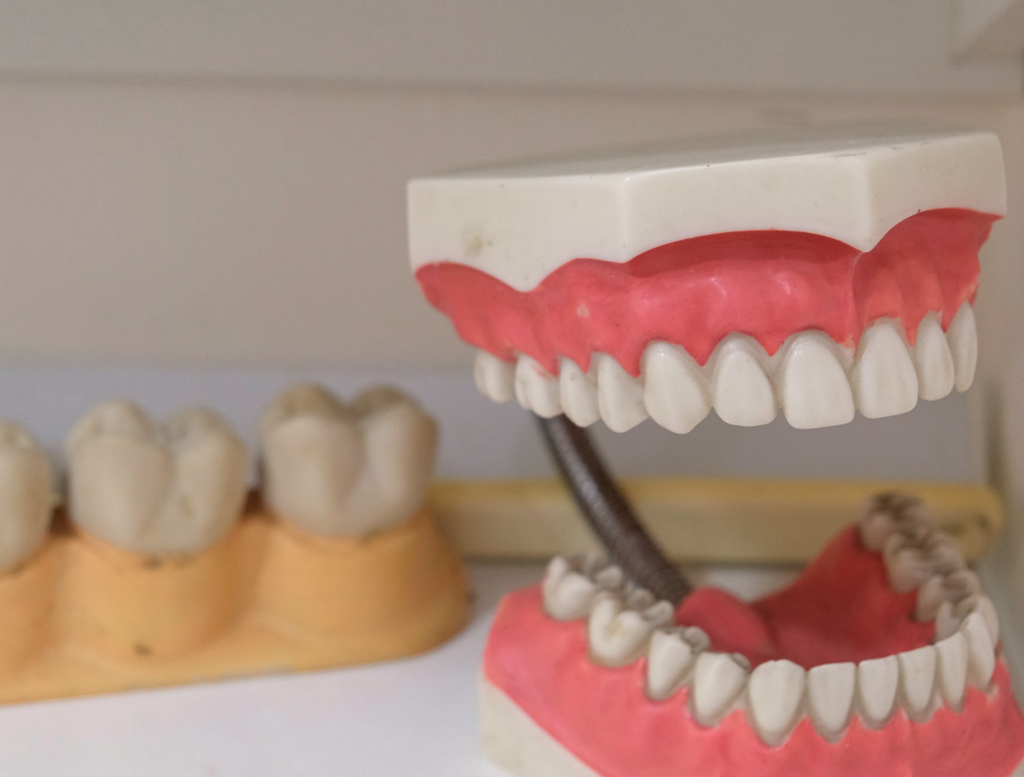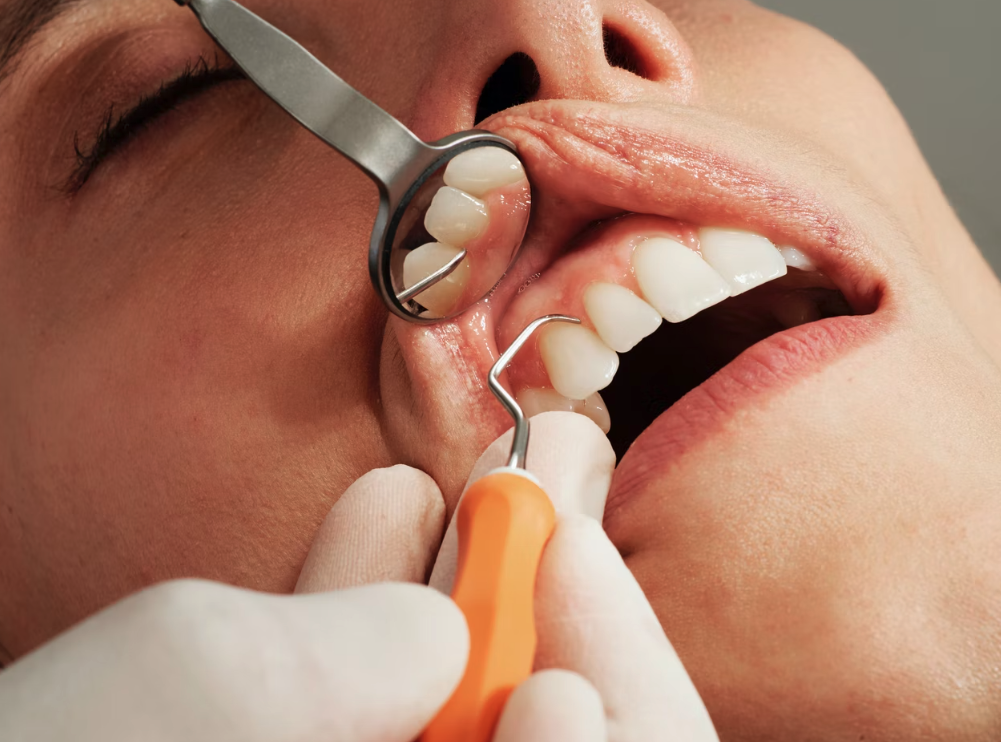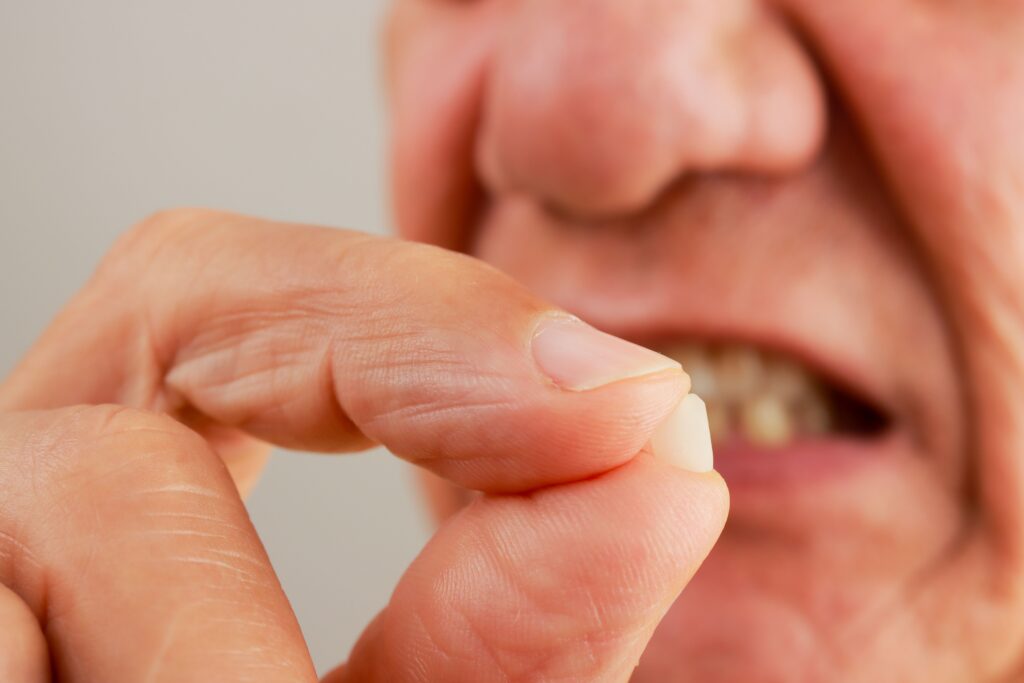When you walk down the toothpaste aisle in the store, it’s easy to feel overwhelmed by all the choices. There are so many different types of toothpaste, each claiming to offer special benefits. But how do you know which one is right for you? In this article, we’ll explore the different types of toothpaste, help you understand how they’re categorized, and guide you in choosing the best option for your needs.
How Many Types of Toothpastes Are There?
There are many types of toothpaste available today, each designed to address specific dental needs. Here are the most common types:
- Fluoride Toothpaste: This is the most common type of toothpaste and is recommended by dentists for most people. Fluoride toothpaste helps to prevent cavities by strengthening tooth enamel, making it more resistant to decay.
- Whitening Toothpaste: Whitening toothpaste is designed to remove surface stains from teeth and make them appear whiter. It usually contains mild abrasives that polish the teeth and chemicals that break down stains.
- Tartar Control Toothpaste: This type of toothpaste is formulated to prevent the buildup of tartar, a hard, yellowish deposit that can form on your teeth if plaque isn’t removed. Tartar control toothpaste usually contains ingredients like pyrophosphates or zinc citrate.
- Sensitive Toothpaste: Sensitive toothpaste is made for people who have sensitive teeth, which can cause pain or discomfort when consuming hot, cold, or sweet foods and drinks. This toothpaste usually contains ingredients like potassium nitrate or strontium chloride, which help to block the pain signals from the nerves in your teeth.
- Natural Toothpaste: Natural toothpaste is made from ingredients that are derived from plants or minerals. It often contains fewer chemicals and artificial ingredients than regular toothpaste. Some people prefer natural toothpaste because it’s free from artificial flavors, colors, and preservatives.
- Children’s Toothpaste: Toothpaste designed for children typically has a lower concentration of fluoride and comes in fun flavors that appeal to kids. It’s also less abrasive, which is important for young, developing teeth.
What Is the Best Type of Toothpaste?
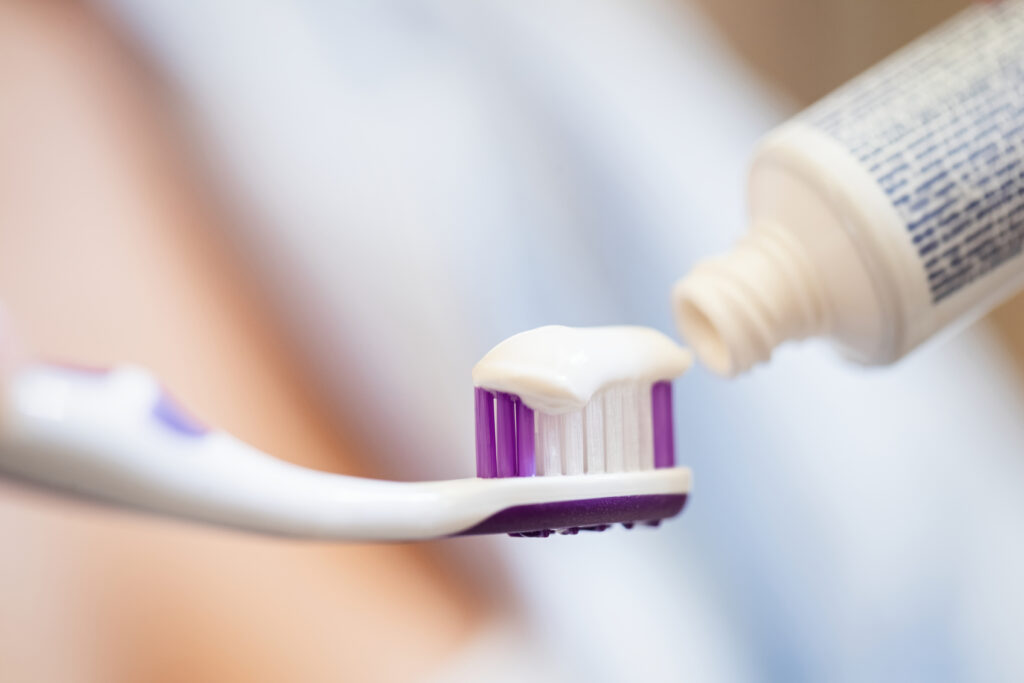
The best type of toothpaste depends on your specific dental needs. Here’s a guide to help you choose:
- For Cavity Prevention: If you want to protect your teeth from cavities, fluoride toothpaste is the best choice. Fluoride is a mineral that helps to strengthen tooth enamel and prevent decay. Most dentists recommend fluoride toothpaste for daily use.
- For Whiter Teeth: If your main goal is to have a brighter smile, whitening toothpaste might be the best option. However, it’s important to note that whitening toothpaste works best on surface stains and may not be as effective on deeper, intrinsic stains. Also, it should be used with caution, as some whitening toothpastes can be abrasive.
- For Sensitive Teeth: If you experience pain or discomfort when eating or drinking hot, cold, or sweet foods, sensitive toothpaste is the way to go. It’s specially formulated to help reduce tooth sensitivity by blocking the pathways that lead to the nerves in your teeth.
- For Tartar Control: If you struggle with tartar buildup, tartar control toothpaste can help. It’s designed to prevent plaque from hardening into tartar, which can lead to gum disease if not removed.
- For Natural Care: If you prefer to use products with fewer chemicals, natural toothpaste might be the best choice for you. Just be sure to choose a natural toothpaste that contains fluoride if you’re concerned about cavity prevention.
What Type of Toothpaste Is Most Common?
Fluoride toothpaste is the most common type of toothpaste and is recommended by dentists for most people. It’s effective at preventing cavities, strengthening enamel, and keeping your teeth healthy. You’ll find fluoride toothpaste in almost every brand and flavor, making it an easy choice for everyday use.
How to Categorize Toothpaste
Toothpaste can be categorized based on its primary function and the specific needs it addresses. Here are some common categories:
- Functionality: This includes toothpaste designed for specific purposes, such as cavity prevention, whitening, tartar control, or sensitivity relief.
- Ingredients: Toothpaste can also be categorized by its ingredients. For example, fluoride toothpaste contains fluoride, while natural toothpaste may contain ingredients like baking soda, coconut oil, or essential oils.
- Target Audience: Toothpaste can be categorized by who it’s designed for, such as adults, children, or people with specific dental concerns like sensitivity or tartar buildup.
- Brand: Toothpaste can also be categorized by brand. Popular brands like Colgate, Crest, and Sensodyne offer a wide range of toothpaste options to suit different needs.
What Is the #1 Toothpaste in America?
The #1 toothpaste in America is often debated, but some of the most popular and widely recommended brands include Colgate, Crest, and Sensodyne. These brands are trusted by millions of people and recommended by many dentists. Colgate and Crest, in particular, have been around for decades and offer a wide range of toothpaste options, including fluoride toothpaste, whitening toothpaste, and toothpaste for sensitive teeth. Sensodyne is particularly well-known for its sensitive toothpaste, which is a top choice for people with sensitive teeth.
What Is the Most Safe Toothpaste?

The safest toothpaste is one that contains fluoride and has been approved by dental associations like the American Dental Association (ADA). Fluoride toothpaste is safe for daily use and helps to prevent cavities and strengthen enamel. When choosing a safe toothpaste, look for the ADA Seal of Acceptance on the packaging, which indicates that the toothpaste meets strict safety and effectiveness standards.
What Toothpaste Should Adults Use?
Adults should use toothpaste that addresses their specific dental needs. For most adults, fluoride toothpaste is the best choice because it helps to prevent cavities and keep teeth strong. If you have specific concerns, such as sensitive teeth or tartar buildup, you can choose a toothpaste that targets those issues. It’s also important for adults to avoid using toothpaste that is too abrasive, as it can wear down enamel over time.
What Toothpaste to Stay Away From?
When choosing toothpaste, it’s best to stay away from products that are overly abrasive or lack fluoride. Abrasive toothpaste can damage enamel, leading to sensitivity and an increased risk of cavities. Toothpaste that doesn’t contain fluoride won’t provide the same level of protection against cavities, which is especially important for maintaining good oral health. Additionally, be cautious of toothpaste that makes exaggerated claims or isn’t approved by dental associations, as these products may not be as safe or effective as they claim.
Does Toothpaste Type Matter?

Yes, the type of toothpaste you use does matter. Different types of toothpaste are formulated to address specific dental needs, so choosing the right one can make a big difference in your oral health. For example, if you have sensitive teeth, using a toothpaste designed for sensitivity can help reduce discomfort. If you’re prone to cavities, fluoride toothpaste is essential for protecting your teeth. On the other hand, using the wrong type of toothpaste, such as one that’s too abrasive, can actually harm your teeth and gums.
Conclusion
With so many types of toothpaste available, it’s important to choose one that meets your specific needs. Whether you’re looking to prevent cavities, whiten your teeth, control tartar, or reduce sensitivity, there’s a toothpaste out there that’s right for you. Fluoride toothpaste is the most common and recommended option for most people, but if you have specific concerns, there are specialized toothpastes that can help.
Remember, the best toothpaste for you is one that fits your unique dental needs and is safe for daily use. Always look for toothpaste that contains fluoride and has been approved by dental associations, like the ADA. By choosing the right toothpaste and brushing regularly, you can maintain a healthy, bright smile for years to come.


